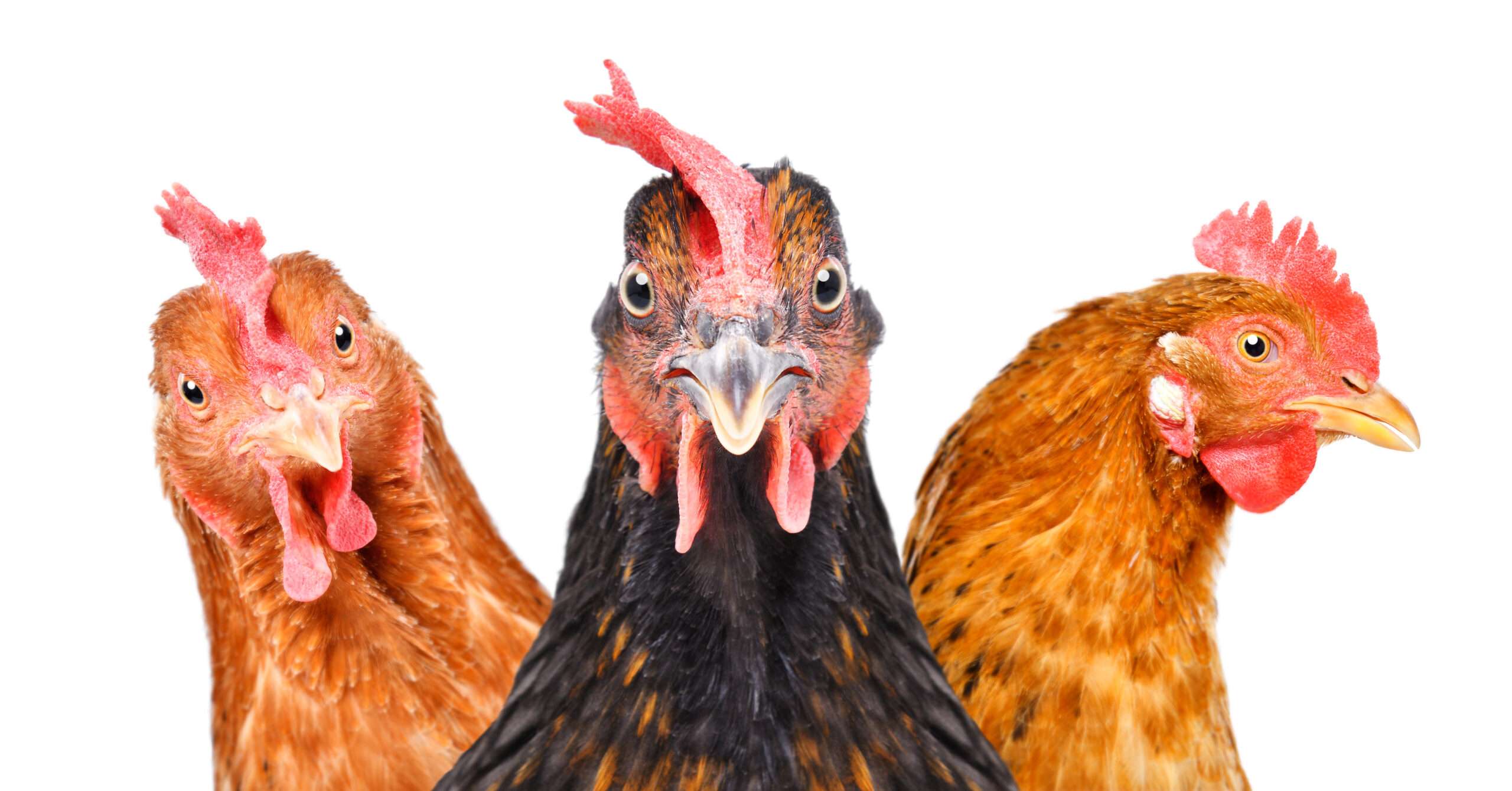Brickbat: Just Chickens in the Coop
The British government has recently implemented a new regulation requiring all chicken owners, regardless of whether they keep just one or two as pets, to officially register their birds. This initiative comes in response to growing concerns regarding the spread of avian influenza, commonly known as bird flu. The requirement also extends to various bird species including parrots and finches, as long as they are taken outside the owner’s home. The regulation underscores a proactive approach to safeguarding public health and the poultry industry from potential outbreaks.
Initially, the government established an online portal for animal registration to streamline the process for bird owners. However, the overwhelming response from the public quickly surpassed expectations, resulting in the portal’s closure due to technical difficulties. Reports from British media revealed that some individuals humorously registered their roasted chickens from the fridge instead of live birds, highlighting the absurdity and confusion surrounding the registration process. Such incidents point to a need for clearer communication from officials regarding the intent and scope of the registration requirements.
The sudden influx of registrations may suggest a heightened awareness or anxiety among pet owners regarding bird flu risks. With avian influenza outbreaks occurring globally, many individuals are likely motivated by a sense of responsibility for their pets and a desire to adhere to government regulations. The registration process is intended to create a database of bird owners, which can be crucial in monitoring and controlling potential disease spread, thereby ensuring both animal and human health.
In light of the online portal’s shutdown, officials have urged bird owners to register their birds via email instead. This shift to an alternative registration method may cause delays or frustration among pet owners who were anticipating a user-friendly online process. However, officials are committed to ensuring that the registration requirement is met, emphasizing its importance in the context of public health precautions against avian diseases.
As part of the government’s broader strategy, the registration initiative aims not only to track domestic birds but also to take preemptive measures in the event of a bird flu outbreak. By cataloging bird ownership, authorities can respond more efficiently to disease incidents, implement necessary restrictions, and facilitate communication with the public about health risks. This proactive monitoring is particularly vital in maintaining the poultry sector’s integrity and public confidence in food safety.
Ultimately, the British government’s decision to mandate bird registration reflects a comprehensive approach to managing animal health risks and preventing the spread of avian influenza. While the initial process experienced technical hiccups, the commitment to incorporating various bird species into this registration underscores the seriousness of the potential health threats posed by bird flu. Through this initiative, officials aim to foster greater accountability among bird owners, enhance traceability, and ensure a coordinated response to any future health crises affecting both animals and people.
Share this content:












Post Comment